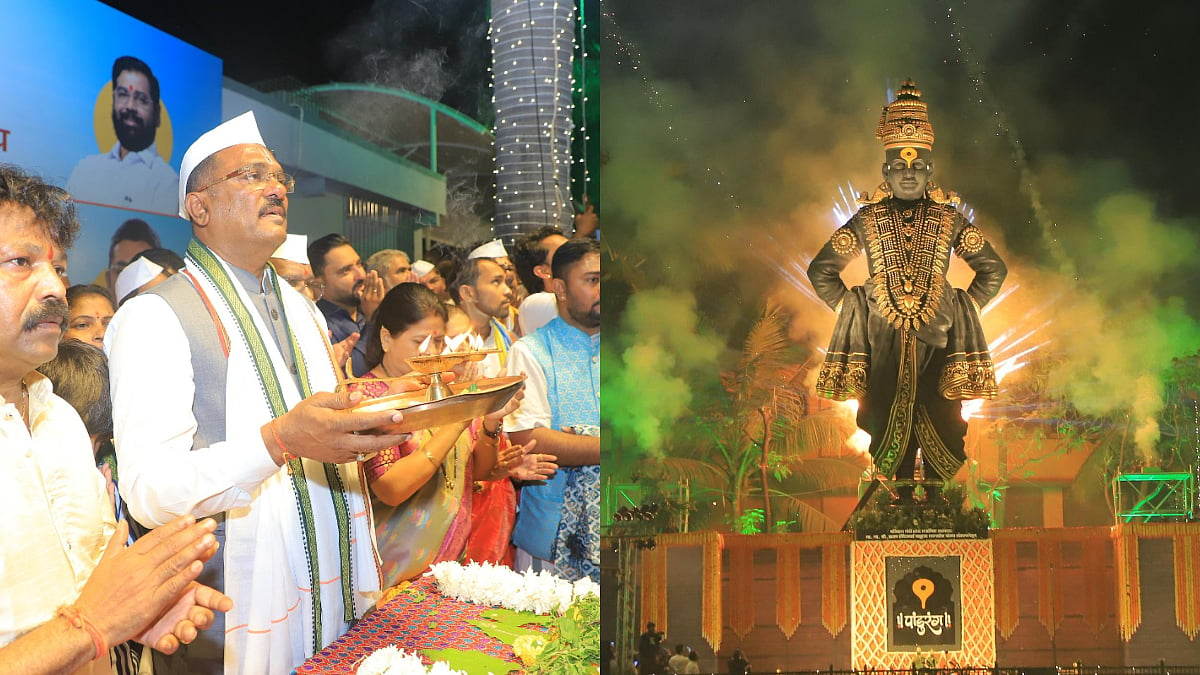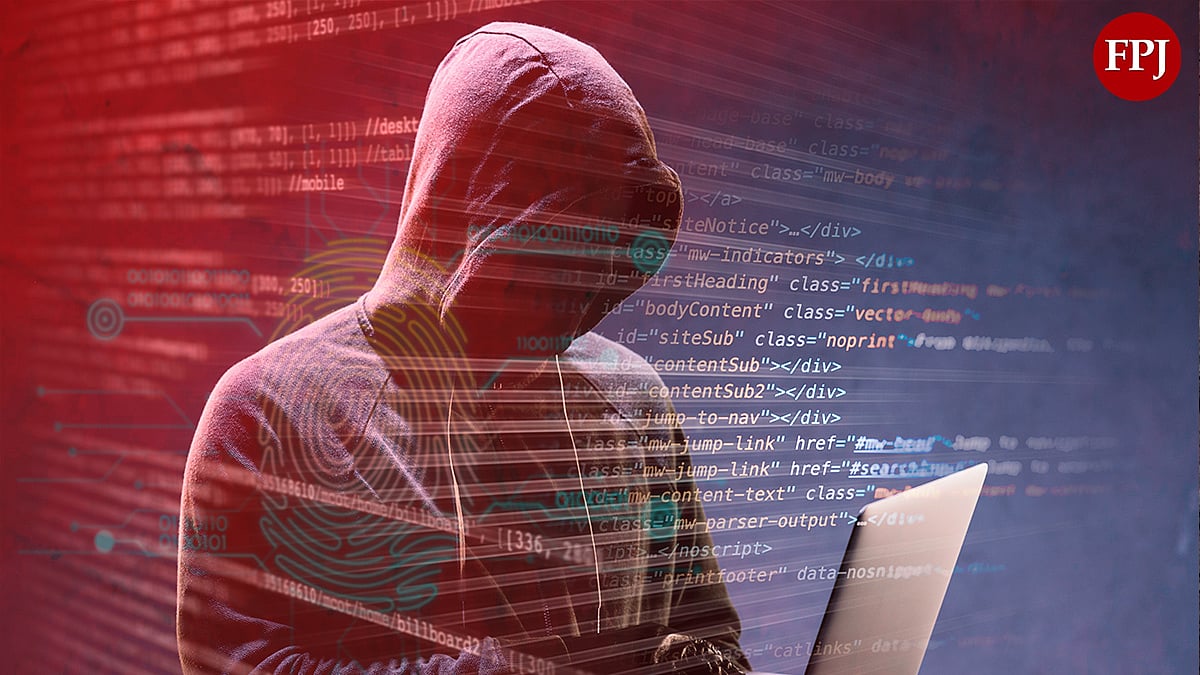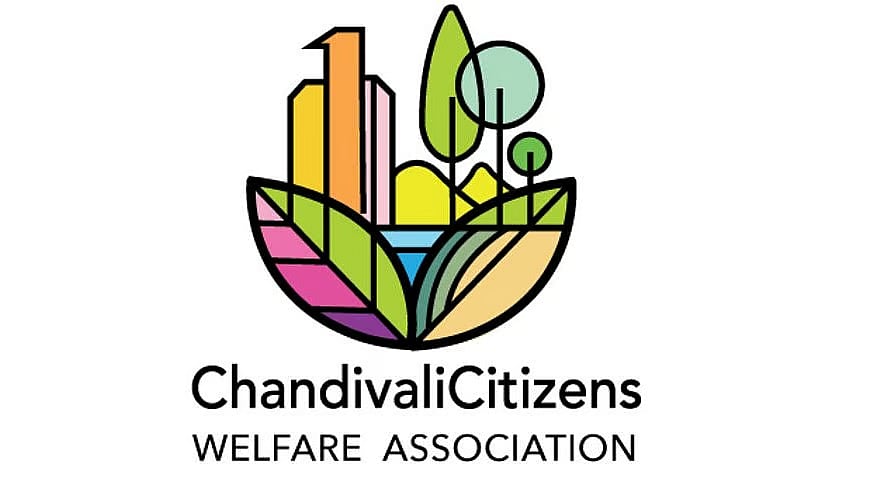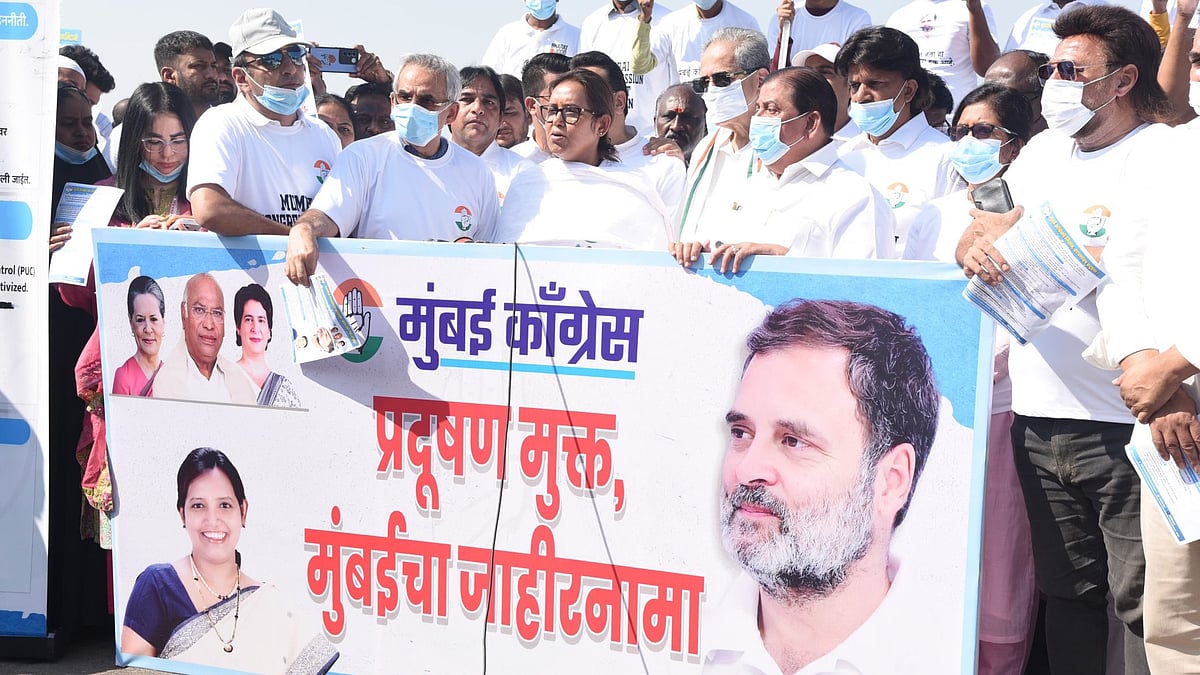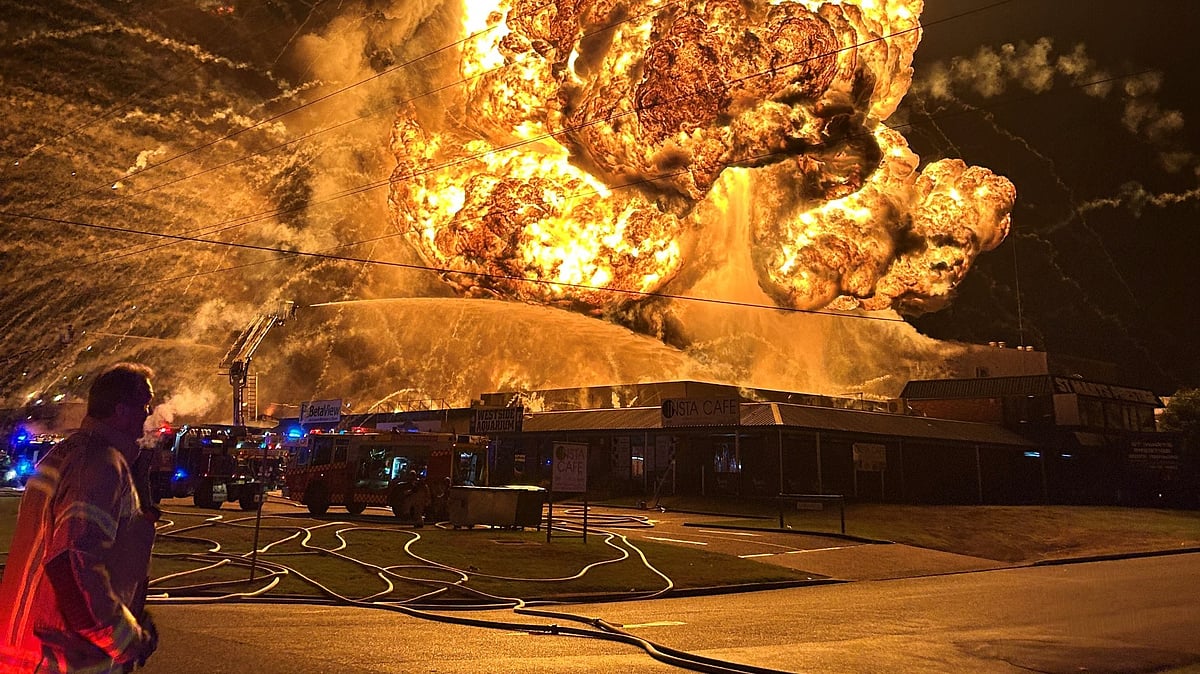According to the US Intelligence Community's Annual Threat Assessment, under Prime Minister Narendra Modi's leadership, India is more likely than in the past to respond with military force to perceived or real Pakistani provocations.
Both countries are nuclear-armed
According to the report, the crises in India and Pakistan are more concerning because both countries are nuclear-armed.
Pakistan, on the other hand, has a long history of supporting anti-India terrorist organisations. However, under Prime Minister Narendra Modi's leadership, India is more likely than in the past to respond with military force to perceived or real Pakistani provocations, according to the threat assessment report.
"Crises between India and Pakistan are of particular concern because of the risk of an escalatory cycle between two nuclear-armed states. New Delhi and Islamabad probably are inclined to reinforce the current calm in their relationship following both sides' renewal of a cease-fire along the Line of Control in early 2021," the Annual Threat Assessment of the US Intelligence Community report said.
Pakistan has a long history of supporting anti-India militant groups
It further said, "Pakistan has a long history of supporting anti-India militant groups, and under the leadership of Prime Minister Narendra Modi, India is more likely than in the past to respond with military force to perceived or real Pakistani provocations." "Each side's perception of heightened tensions raises the risk of conflict, with violent unrest in Kashmir or a militant attack in India being potential flashpoints," it said.
Interstate conflict, state instability, and other governance issues pose direct and indirect threats to US interests at home and abroad, as well as those of its allies and partners.
Rising tensions, fueled by intensifying strategic competition, have numerous implications for US and partner national security, the Threat Assesment Report said.
(With ANI inputs)

